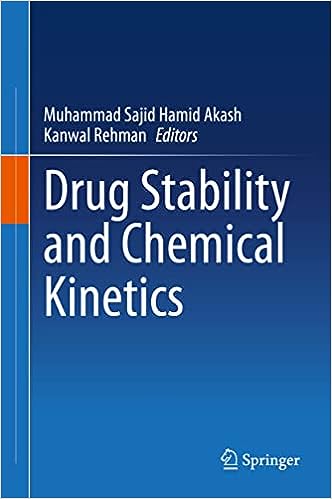Guidelines for Stability Testing of Drug Products under Various Humidity Conditions
1) Purpose
The purpose of this SOP is to provide a standardized procedure for conducting stability studies on drug products under various humidity conditions. Stability testing ensures that drugs maintain their safety, efficacy, and quality under different humidity levels throughout their shelf life.
2) Scope
This SOP applies to all drug products, including oral solids, injectables, and transdermal patches, produced or handled by the organization. It is intended for personnel involved in formulation development, quality control, and regulatory compliance.
3) Responsibilities
Formulation Scientist: Responsible for designing
Quality Control (QC) Team: Responsible for conducting stability tests according to the approved protocol and documenting results.
QA Team: Responsible for reviewing data, ensuring regulatory compliance, and approving the
final stability report.4) Procedure
4.1 Study Design:
- Identify stability-indicating parameters (e.g., moisture content, potency, dissolution rate) relevant to the drug product.
- Select appropriate analytical methods (e.g., Karl Fischer Titration, HPLC, Dissolution Testing) to evaluate these parameters.
- Define humidity conditions (e.g., 25°C/60% RH, 30°C/75% RH) based on the product’s characteristics and regulatory guidelines.
- Develop a study protocol outlining the objectives, sampling schedule, and analytical methods to be used under various humidity conditions.
4.2 Sample Preparation:
- Prepare samples from representative production batches and label them with batch numbers, storage conditions, and sampling time points.
- Store samples in designated stability chambers with controlled humidity conditions as specified in the study protocol.
4.3 Testing Schedule:
- Conduct initial testing on all samples to establish baseline data for the selected parameters.
- Perform follow-up testing at predetermined intervals (e.g., 1 month, 3 months, 6 months) to monitor changes under different humidity conditions.
- Document all test results and analyze data for trends or deviations from acceptance criteria.
4.4 Data Analysis and Reporting:
- Analyze data using statistical methods to determine trends and compliance with acceptance criteria.
- Prepare a stability study report summarizing findings, conclusions, and recommendations for storage and handling under varying humidity conditions.
- Submit the report for QA review and archiving.
5) Abbreviations, if any
QC: Quality Control
QA: Quality Assurance
6) Documents, if any
Humidity Impact Stability Protocol: Document detailing the study plan and methodology.
Analytical Data Records: Data sheets for all tests performed.
7) Reference, if any
ICH Q1A(R2): Stability Testing of New Drug Substances and Products
8) SOP Version
Version 1.0
